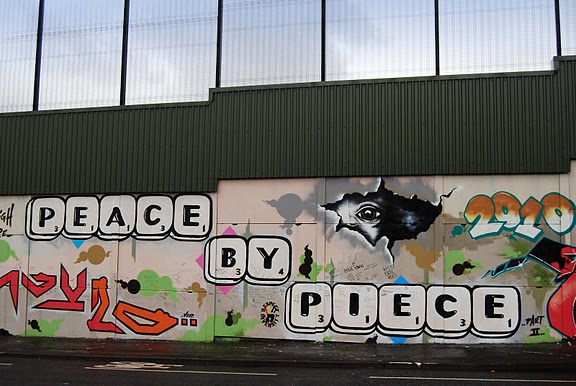We had more than thirty students participate and we snuggled for around a half an hour. We all received referrals and may receive detentions. This is frustrating seeing as having a senior prank is a tradition and our prank was not destructive in any way. If we do get detention we may have a early morning dance party or continue our snuggle-fest. Fair warning. The senior prank is a right of passage and gives seniors a chance to blow off steam as well as leaving a legacy for high-school students below them. Besides getting me my first referral (wootwoot!) this experience has caused me to wonder what other schools have done in the past. Surely it must have been worse than snuggling. Here is what I found.
Seniors have done ridiculous things in the past. Pranks range from the classic saran-wrapping of the school officials cars to the more contemporary filling the school with packing peanuts. One school filled thousands of Styrofoam cups with water and placed them in the hallways so that nobody could get into or out the school without flooding the halls or picking up all the cups. Other pranks involve animals (Letting three chickens free in the school and labeling them 1,2, and 4) and destruction of property (badly damaging paper mache mascots by launching them on top of the school building. Really is that better than taking a senior nap for half an hour during AP Prep?
Senior pranks around the world:
In Australia and Britain, the senior prank day is referred to as a muck-up day. Often the staff of the school help the seniors out with the prank. Pranks done on muck-up day with the help of school administrators include dyeing the school swimming pool purple, doing fake announcements on the school intercom and filling the hallways with streamers, calling school off and throwing a party. The administration usually supports these antics and joins in (we would have made room if Black River's administrators wanted to snuggle too!). In Germany seniors made a fake gravestone for the senior class ("Senior class 1997, Because they knew too much") and placed it in front of their school.
This concludes by senior prank blog-post. I think graduating seniors should have a right to blow off some steam as long as the prank is not destructive and does not endanger anyone. So...






